Beet It: The Juice That Drops Blood Pressure
Understanding Beetroot Juice and Its Role in Blood Pressure Management
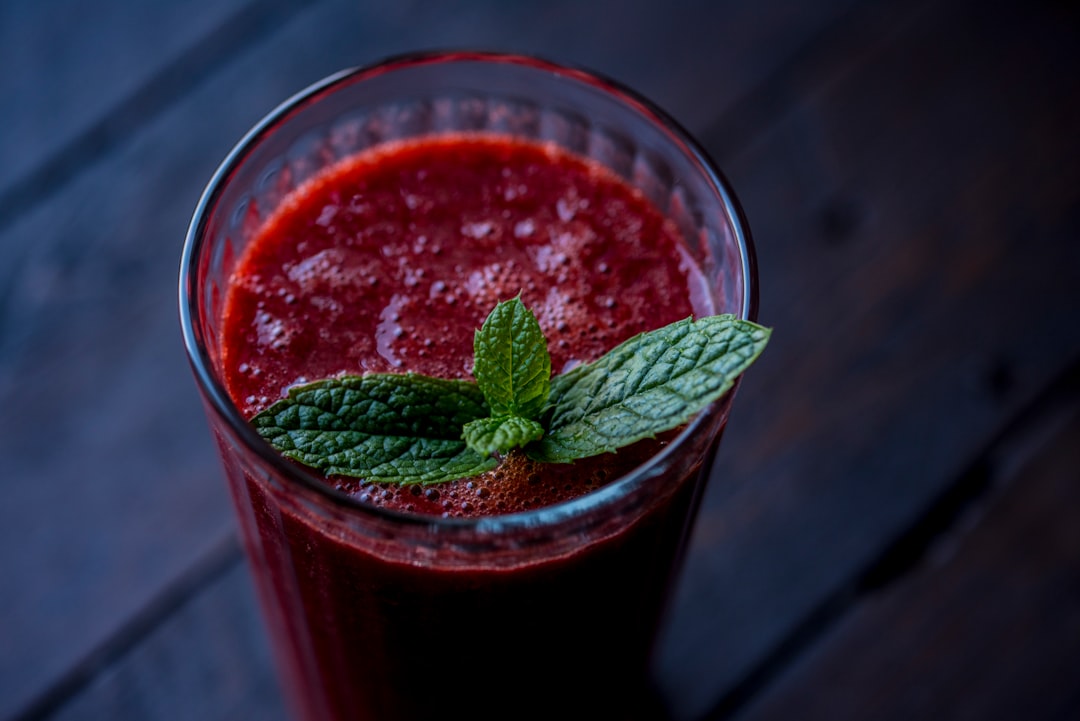 What is Beetroot Juice?
What is Beetroot Juice?
Beetroot juice is a vibrant red liquid extracted from the root vegetable beetroot, renowned for its deep color and earthy flavor, and may help lower blood pressure. This juice is particularly high in inorganic nitrates, which the body converts into nitric oxide, a compound that plays a crucial role in various physiological processes. For those seeking the maximum health benefits, beetroot juice is often consumed fresh or as a concentrated shot, ensuring a high nitrate content.
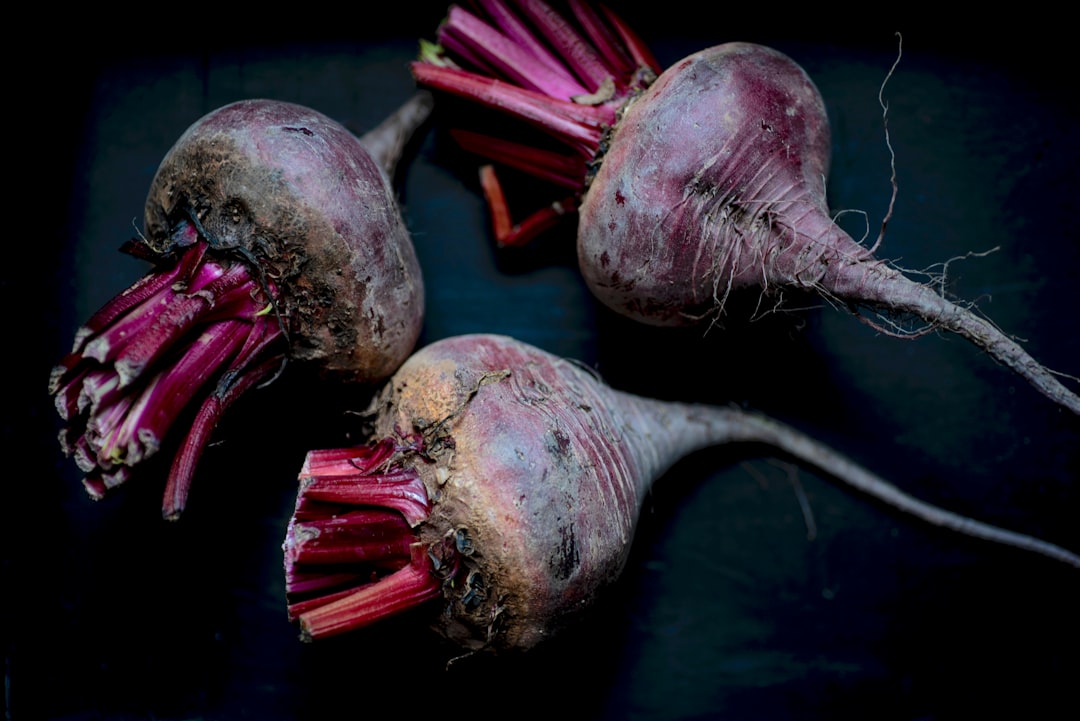 Importance of Blood Pressure Regulation
Importance of Blood Pressure Regulation
Blood pressure regulation is a critical aspect of maintaining cardiovascular health, as high blood pressure, or hypertension, is a leading risk factor for heart attacks and strokes. Effective blood pressure management is essential for reducing the risk of these serious conditions and improving overall heart health. In the United States, approximately one in three adults suffer from high blood pressure, highlighting the importance of dietary interventions like beetroot juice.
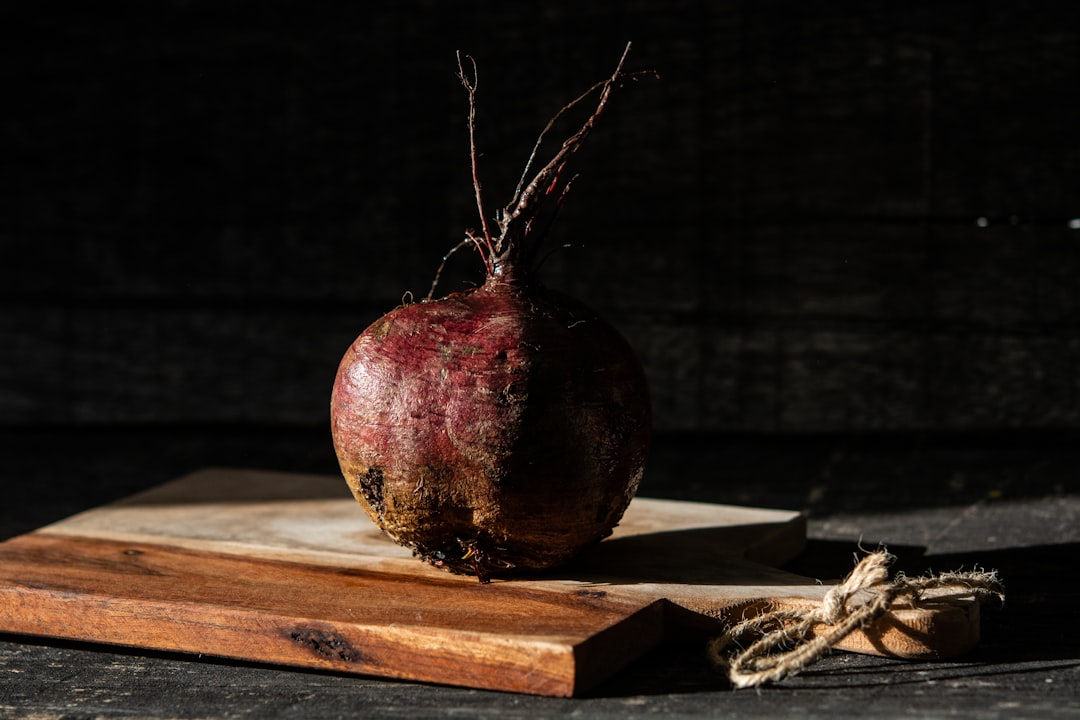 Beetroot Juice’s Effect on Blood Pressure
Beetroot Juice’s Effect on Blood Pressure
Mechanisms of Action
The primary mechanism by which beetroot juice helps lower blood pressure involves the conversion of its nitrates into nitric oxide in the body. This process leads to vasodilation, which widens blood vessels and enhances blood flow. Regular consumption of beetroot juice has been shown to lower systolic blood pressure by about 4-5 mmHg within just a few hours. Additionally, the increased blood flow can improve exercise performance and endurance, delivering more oxygen to active muscles.
Evidence from Studies
Numerous studies support the effectiveness of beetroot juice in reducing blood pressure. A systematic review of randomized controlled trials revealed that beetroot juice can decrease systolic blood pressure by 5-12 mmHg and diastolic blood pressure by 5-6 mmHg. Interestingly, older adults might experience an even greater reduction in blood pressure, approximately 7 mmHg, after consuming beetroot juice. One particular trial highlighted a significant reduction in blood pressure among men following the intake of beetroot juice.
Health Benefits Beyond Blood Pressure
Cardiovascular Benefits
Beyond its blood pressure-lowering effects, beetroot juice is associated with a 10% decrease in cardiovascular mortality at the population level. Regular consumption can also improve the oral microbiome, which further supports cardiovascular health. Moreover, beetroot juice may help reduce arterial stiffness, providing additional benefits for vascular health.
Additional Nutritional Benefits
Beetroot juice is packed with antioxidants like flavonoids and polyphenols, which contribute to overall health and well-being. It also contains potassium, an essential mineral for heart function and blood pressure regulation. Furthermore, the presence of betalains in beetroot juice offers anti-inflammatory properties, promoting heart health and reducing inflammation.
Recommended Consumption and Dosage
Suggested Intake
To achieve optimal benefits, it is recommended to consume at least 150ml of beetroot juice daily. A two-week regimen of daily intake can lead to significant improvements in blood pressure and cardiovascular markers. Additionally, drinking beetroot juice before exercise may enhance athletic performance due to its high nitrate content.
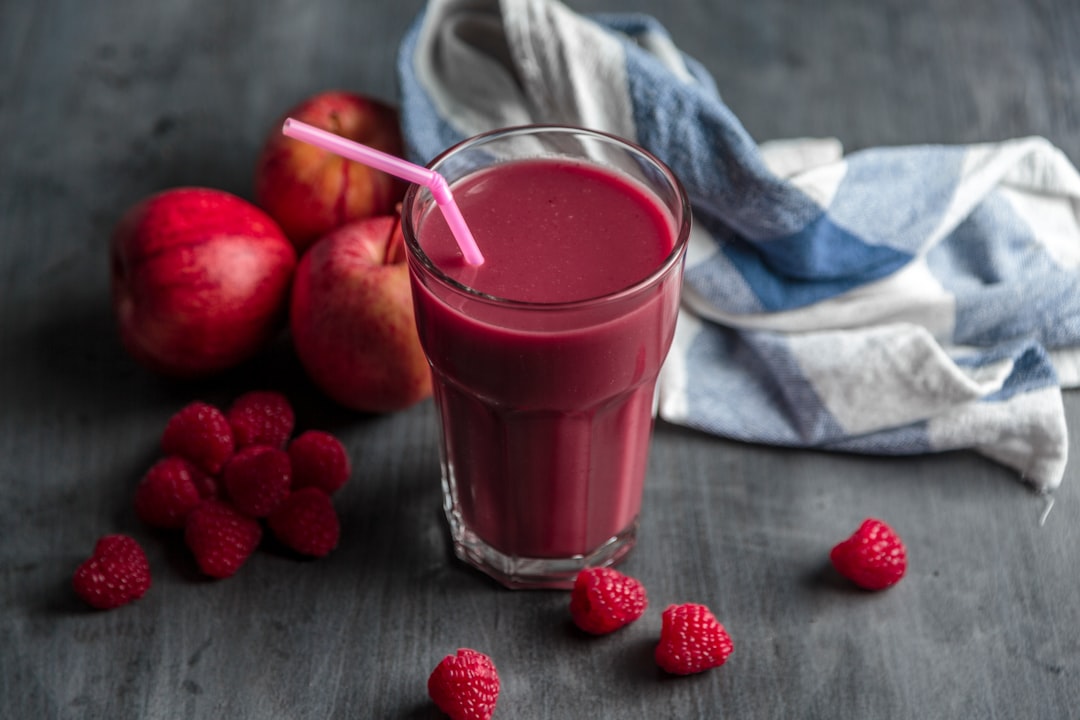 Potential Side Effects and Considerations
Potential Side Effects and Considerations
While beetroot juice is generally safe, excessive consumption may cause gastrointestinal discomfort or result in pink urine, known as beeturia. Individuals taking blood pressure medication should consult with a healthcare provider before incorporating beetroot juice into their diet, as it may enhance the effects of the medication. Those with a history of kidney stones should be cautious, as beetroot is high in oxalates, which can contribute to stone formation.
Comparisons and Alternatives
 Beetroot Juice vs. Other Nitrate-Rich Foods
Beetroot Juice vs. Other Nitrate-Rich Foods
Other vegetables, such as spinach, celery, and arugula, also contain nitrates and can provide similar health benefits. However, beetroot juice offers a concentrated source of nitrates, making it particularly effective for managing blood pressure. Incorporating a variety of nitrate-rich foods into one’s diet can maximize cardiovascular benefits.
Whole Beetroot vs. Beetroot Juice
Whole beetroot provides more dietary fiber than the juice, supporting digestive health. Both whole beetroot and beetroot juice contribute to daily vegetable intake, but the juice offers a more convenient and potent nitrate boost. Since cooking methods can affect nutrient retention, consuming beetroot raw or juiced helps preserve more nitrates.
Summary of Beetroot Juice Benefits and Next Steps
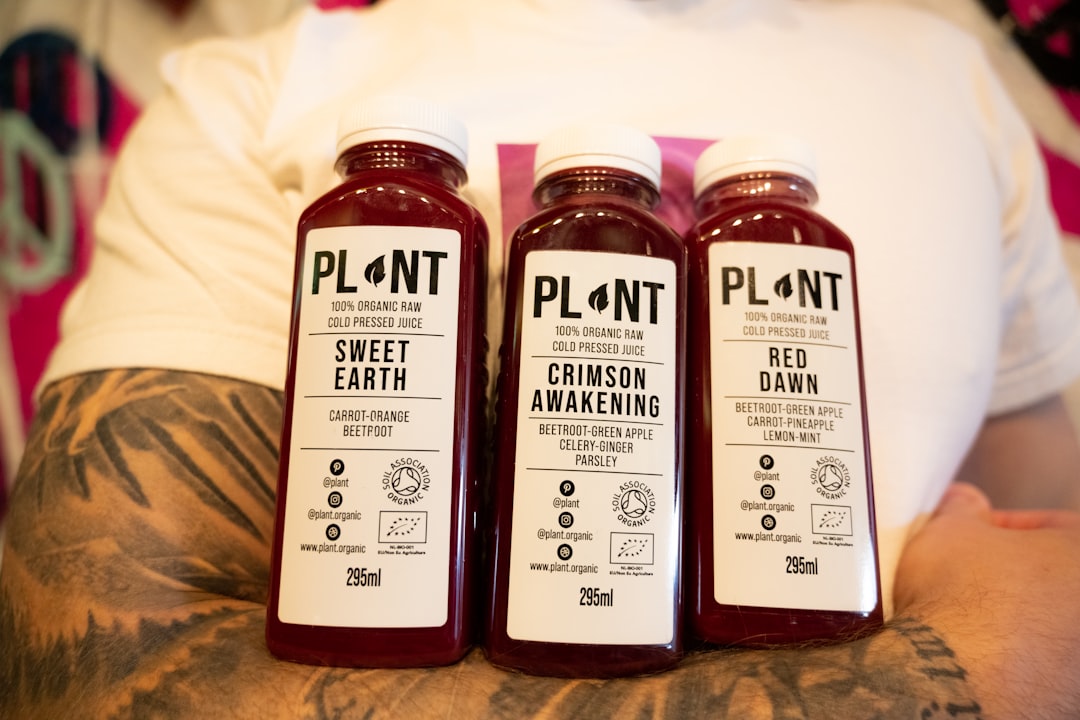 Summary of Beetroot Juice Benefits
Summary of Beetroot Juice Benefits
Beetroot juice is a powerful, natural option for managing blood pressure and promoting heart health. It offers a straightforward dietary intervention with significant health benefits, particularly for individuals at risk of hypertension. Regular consumption can enhance overall well-being and support an active lifestyle, thanks to its performance-enhancing properties.
Explore El Paso Emergency Room
For comprehensive health support, including emergency care, visit El Paso Emergency Room. Discover more about our services and how we prioritize heart health at El Paso Emergency Room.


